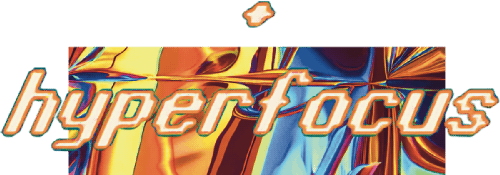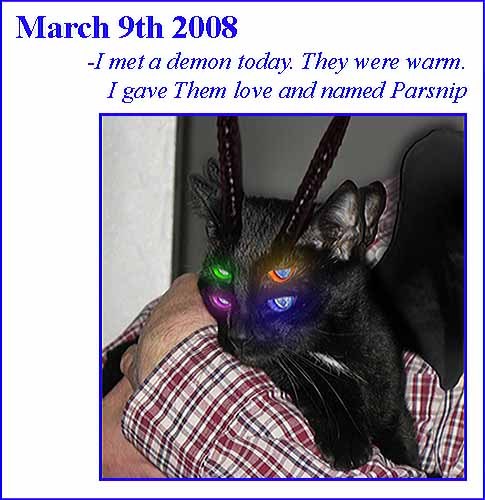The functioning of societies and economies is defined far more by systems than by individual people. Markets, laws, and shared values create an organized structure that distributes resources, opportunities, and influence. It is not particular individuals that hold the ultimate power, but rather the mechanisms of these systems themselves.
A system of market sharing, collective values, law enforcement, and mutual loyalty determines who becomes a billionaire and who remains a worker—even when the worker might be equally capable or, at times, even smarter. Often, circumstances combined with the flow of systemic forces elevate one person over another. In truth, only a small fraction of the population is extraordinarily talented, a small fraction is truly unwise, and the vast majority are just normal, simply moves with the currents that systems create.
Recognizing and understanding these systems—how they operate, evolve, and influence individuals—is the key to understanding society itself. Individual actions rarely shift the system in a significant way, but the system continuously shapes individuals, their opportunities, and their choices.
People accumulate influence and affect one another in small, intricate ways, but fear—of loss, of death, of being cast out—often prevents serious resistance to established systems. In many authoritarian contexts, the majority of people become blind to the illusion of shared participation, not realizing that the system serves itself rather than them.
Ultimately, the core insight is simple: systems govern people more than people govern systems, and seeing this truth is the first step toward understanding the world.



